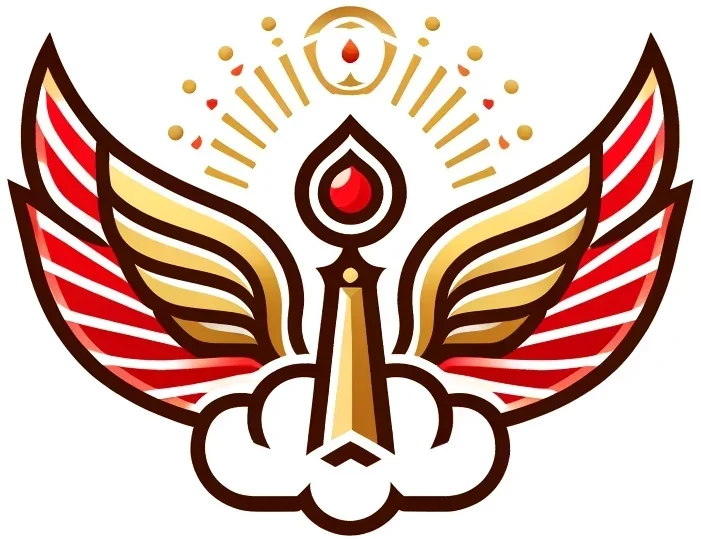Long before the Exile, YHWH thundered from mountaintops—a storm-god with no paradise, no final judgment, no cosmic claim. His people descended to Sheol, a silent pit, with no hope of reward or resurrection. But eastward, Ahura Mazda ruled the moral cosmos with fire and truth.
The Gathas of Zoroaster, sung a thousand years before Christ, declared a world of dual spirits—Asha (truth) and Druj (lie). Souls crossed the Chinvat Bridge, judged by their deeds. Paradise (pairidaēza) awaited the righteous. Angels (Yazatas) served the holy flame. Evil had a name—Angra Mainyu—and it would be unmade in a final renewal called Frashokereti.
When Cyrus of Persia freed the Jews from Babylon in 539 BCE, he did so as a servant of Ahura Mazda. But Judah’s scribes erased the source. In Isaiah 45, YHWH claims Cyrus, claims creation, claims evil itself. Mazda’s order is silenced. This is not inspiration—it’s theft.
Paradise enters Hebrew as pardes after the Exile. Judgment, resurrection, light vs. darkness—all appear post-Persia. Qumran’s scrolls cry out with Mazda’s dualism, but the priesthood in Jerusalem buries them. Rabbinic Judaism seals the theft, muting choice and co-opting Mazda’s cosmology under one name: YHWH.
And yet—in Galilee—a new voice speaks.
“In the beginning was the Logos…” John’s Gospel reclaims the flame. Light vs. darkness. Truth that frees. Fire that judges. Logos as divine order—Spenta Mainyu in disguise. Paradise returns. Chinvat stirs. But even here, Mazda is not named. The Nazarene carries Asha’s light—while the storm-god’s name still rules.
The Verdict?
Judaism didn’t evolve—it appropriated. Christianity didn’t invent—it inherited.
Zoroaster lit the path.
Judah veiled it in druj.
The Logos remembers—but the flame waits to be named.
